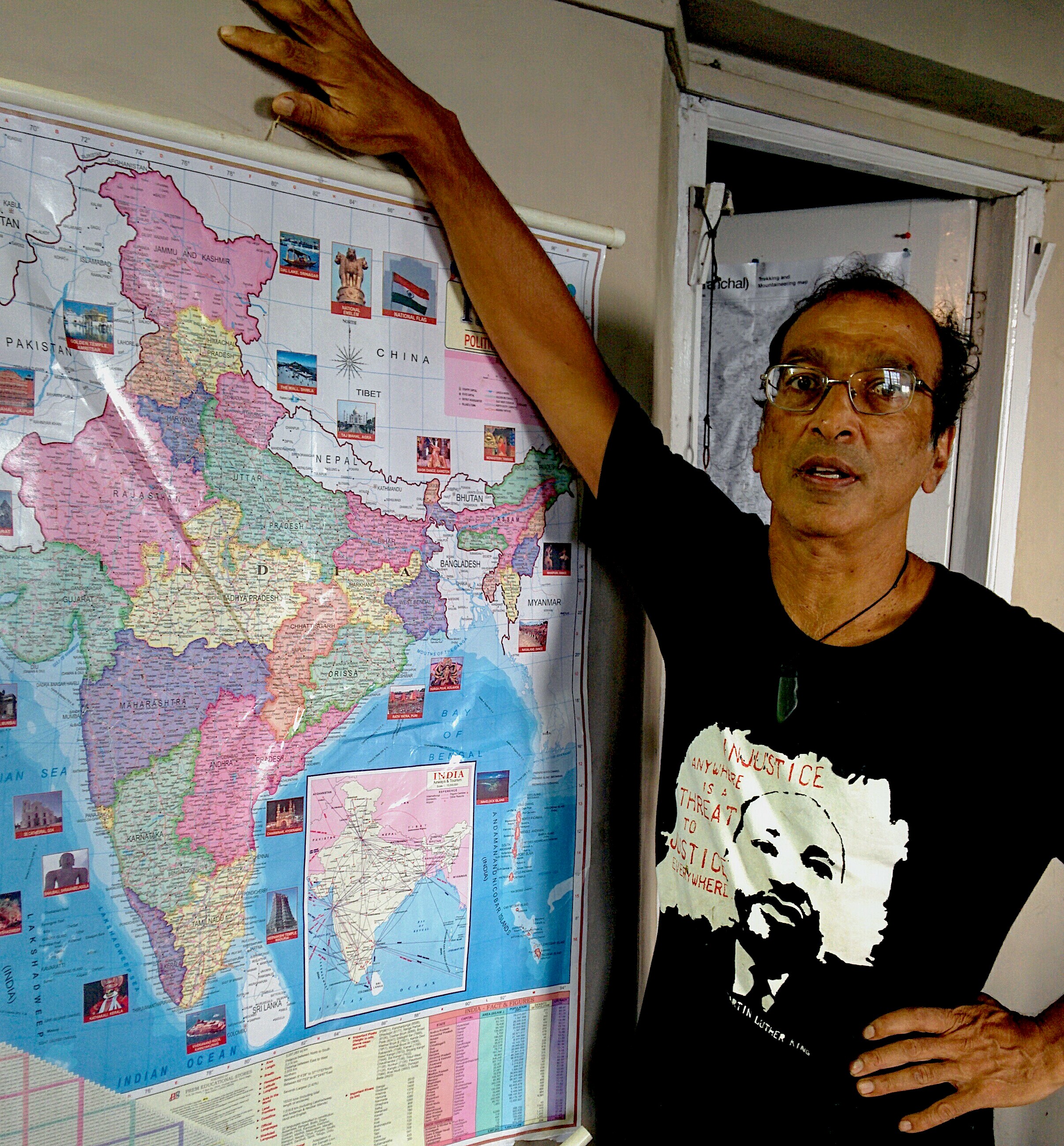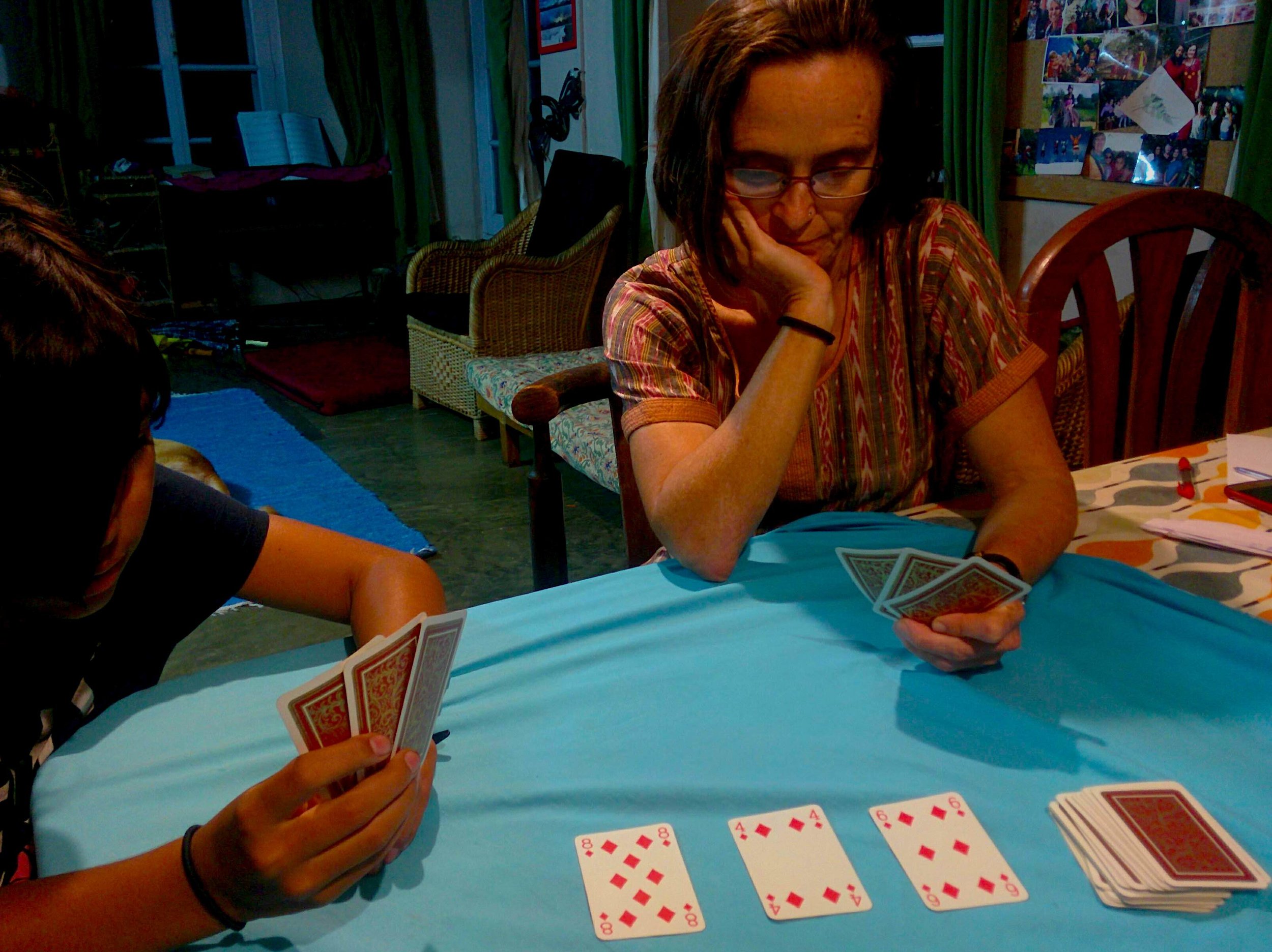What is Development?
In my Development studies MPhil .701 was the philosophical conceptual paper. We all knew that “What is development?” would be asked in some form or other (e.g. “Define Development”) But knowing what was going to be in the exam did not help. There is no formal definition.
Our development trajectory begins... footprints in Laetoli ash
I have played around with various ideas over the years- perhaps development relates to the distribution and coagulation of power during the ebb and flow of human history or is it about increasing access to and control over resources? For a long time I considered Development to be the continuous search for the right questions for a population at a given time as they considered their optimal self organisation. Whatever development is, humans have been developing since homo sapiens first laid footprints in Olduvai ash, certainly long before Truman’s famous 1949 Inaugural address.
It started biologically. Humans, like other biological organisms changing what they do, what resources they harvest based on a continuous interplay between them (on individual and group levels) and their environment. Then, especially with language the pace increased. Now one human could modify its behaviour based on another human’s experience. Behaviour change snowballed: hunting gave way to first swidden and then permanent agriculture- human in groups sharing and coercing others into different ways to deal with their environment in search of better livelihood strategies, better ways of controlling and exploiting their resource base. Then came cities, states nations...The locus of change has shifted from molecules, to individuals to groups then states, nations and perhaps today’s challenge for humans is to genuinely coalesce into a unified global population.
The shift from DNA to groups of people somehow seems to put development into humanity’s hands. We can’t direct mutations in DNA but surely we can modify the trajectory of 7 billion humans on a fragile blue-green planet. Truman’s 1949 address assumed we can, Development studies sprang up, the logical framework showed us how to build human change like we built rockets… and yet our development trajectory still includes wars and climate change and famines…
Humans always adapt strategies to the society and environment in which we're nested.
Where am I now in this search for the subject of my work? Increasingly as I get more into complexity I see development as adaptive, iterative fine-tuning livelihood strategies and modes of self-organisation to best fit, as a group, the environment in which that society nested. But that is impossible to pin down. The environment itself is changing in known and unpredicted ways, relationships between people and between people and the environment are continuously changing and the relevant scale of analysis is sometimes the individual, sometimes a small group, sometimes a nation, sometimes planetary and usually all of them simultaneously. The temporal scale is fluid too. Development could be analysed in terms of immediate benefits for people or on whether a change might be good for a population of as yet unborn humans next century.
And how to measure development? For say a medical or income generation project measurable dimensions like life expectancy, mortality or per capita income seem, at first sight reasonable. But how should we analyse increased human life expectancy at environmental cost, or average per capita income increasing but distribution of wealth becoming less equitable? Have the 7 billion humans on todays planet changed positively in 50 years. Back then half as many humans were less rich, global life expectancy was lower and the planet ½ degree C cooler….
All I know is that Development is positive change, but positive is indefinable and needs to be analysed within indefinable parameters of time, space and scale…
The exam had 4 questions. The first was: “1. Development?”
I wrote a short story in which I was both of the main characters… That confused the prof who somehow let me slip through. Working in development now I'm living that story, deeply immersed in deliberate human change. What I see is Development as an iterative adaptive fine tuning of human livelihood strategies. I use behaviour attitudes relationships and policies by people or groups of people as the measurable dimensions of deliberate change... but really I am no closer to an answer to that first, most basic development question of all.












